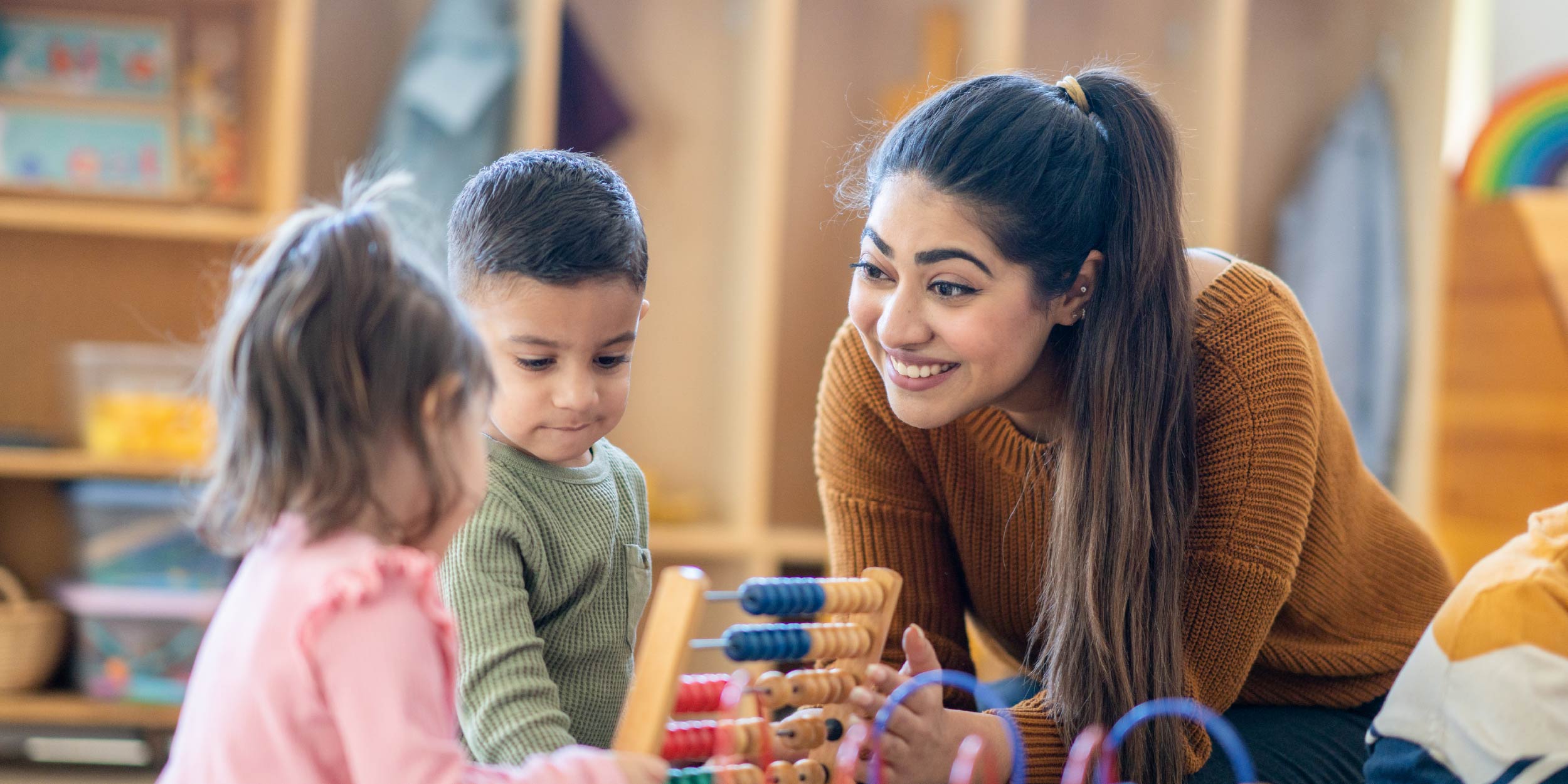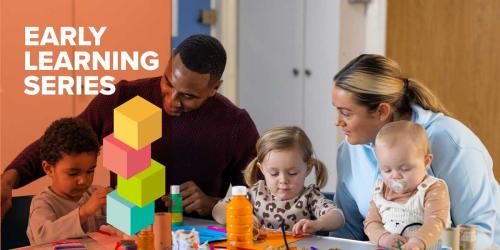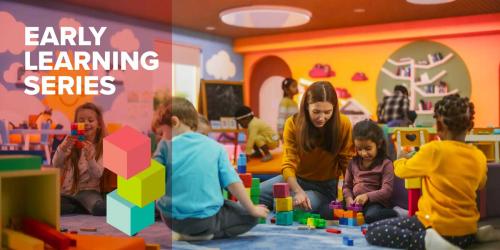Closing the Discipline Gap Where It Starts—in Preschool Programs

The quality of preschool and kindergarten programs is fast becoming a national priority, driven by the abundance of research that shows how important early learning is to the academic development of young children. In addition to academics, high-quality preschool programs can play a key role in promoting the social competence and self-management skills that students need to succeed in school and can also serve as a protective buffer against the effects of poverty, early trauma, low parental education, family instability, and other risk factors that become barriers to children’s learning.
Children who enter kindergarten ready to meet its academic, social and emotional demands are more likely to achieve later academic and life success. Likewise, children who enter school behind their peers in these areas tend to remain academically behind and at risk for harmful behavior in adulthood (e.g., dropping out of school, criminal behavior, unemployment). Evidence suggests that more than half the achievement gap found in later school years already is present at kindergarten entry.
— National Conference of State Legislatures’ State Approaches to School Readiness
As we strive to expand high-quality early childhood education programs, we must address equity issues—such as discipline disparities—that affect young children. For example, the expulsion rate for preschool programs is more than three times the rate of students in grades K–12. Moreover, a recent report from the U.S. Department of Education Office for Civil Rights found discipline disparities reaching down to the preschool level. While African American children make up just 18 percent of preschool students across the country, nearly half of preschool children suspended more than once are African American. Also, according to national data, more than three-quarters of preschool students who receive suspensions are boys. Beginning in 2015–2016, publicly funded preschool programs will begin mandatory reporting of their out-of-school suspension numbers to the Civil Rights Data Collection.
Early childhood educators, researchers, and policymakers can work together to reduce suspensions and eliminate discipline disparities. Based on research and evidence, we know that early childhood education programs that implement the following practices help preschool students learn important social-emotional skills that will promote their successful transition to kindergarten.
Professional Development
Provide training to teachers and staff members on classroom management—for example, setting clear expectations, limit-setting, recognizing and reinforcing positive behaviors, and providing emotional support to students having difficulty.
Positive, Caring Teacher-student Relationships
Ensure that students have a positive, caring relationship with their teacher. Effective teachers provide clear expectations and structure routines to minimize disruptions. They establish emotionally supportive classrooms by being sensitive to the social, emotional, and academic needs of students, and provide timely emotional support to students when they are discouraged or experience difficulties.
Teach Social and Emotional Learning
Use evidence-based curricula to teach students social-emotional learning skills, such as how to recognize and manage feelings, get along with others, and use problem-solving to resolve conflict.
Parent Education and Involvement
Provide parent education on positive parenting skills and encourage active involvement in their child’s learning.
Consultation and Coaching
Provide mental health consultation and coaching to help teachers address the needs of children who require additional emotional and behavioral support. The assistance could include conducting on-site coaching for teachers, conducting functional behavioral assessment, and designing individualized behavior support plans.
The quality of children’s early learning experiences makes a significant difference in students’ later academic careers, workplace opportunities, and life in general. As early childhood educators, we must strive to construct high-quality preschool programs that are free from disparities and that create equitable educational opportunities for every child.



